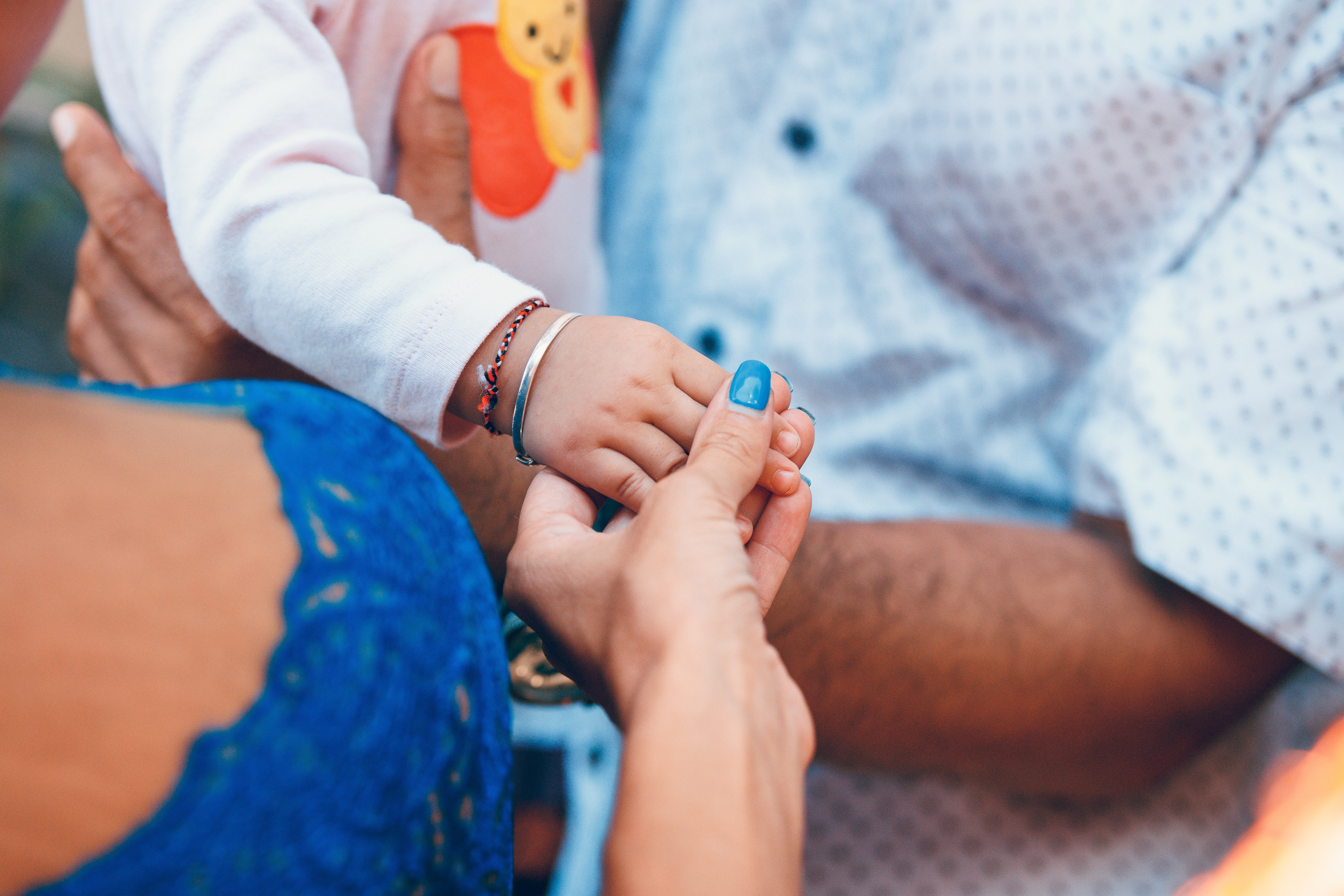
“When you are a mother, you are never really alone in your thoughts. A mother always has to think twice, once for herself and once for her child.”
-Sophia Loren
Becoming a parent is one of the most momentous experiences one can have. It’s a moment so many people dream of with anticipation and longing. Brainstorming names, picking out nursery colours, finding the perfect little onesies, carriers and accoutrements for the blessed moment their child arrives — it’s all part of the build-up for the greatest change a person can experience. From lifestyle to resources to personal identity, welcoming a child into a family transforms so much. As wonderful as it is, it can also be very stressful and difficult to manage, especially for single mothers. On World Maternal Mental Health Day on May 1st, and throughout the year, advocates want everyone to better understand the unique mental health challenges faced by mothers and child-bearing people so that they can better access resources and support.
No longer just responsible for oneself, a parent’s mental preoccupation doubles to consider, care for and watch over their little ones. Undoubtedly, that’s a massive adjustment that can be impactful for a parent’s mental health. In Canada, 7.5% of mothers experience depressive symptoms in the postpartum period. For women who experience physical or sexual abuse, the rate skyrockets to 23%. Women with a history of depression who have experienced physical or sexual violence are even more at risk.
For most, postpartum mental health symptoms dissipate over time, but if left untreated, they can carry on. And while postpartum depression is the mental health issue we most commonly associate with becoming a mom, research from the University of British Columbia suggests that “severe anxiety is three to four times more common than depression during pregnancy and early motherhood.” These numbers tell us that many women are struggling to adapt to motherhood and it doesn’t stop there — the ongoing emotional and physical workload of motherhood can be very influential on mental health. This is especially true for those who lack additional adult support in the household. It’s hard to get a clear picture of just how many mothers struggle with their mental health, as 70% of women minimize or deny their symptoms altogether. That’s not too surprising. After all, women’s mental health is highly stigmatized and mothers feel immense pressure to hold it all together for their families.
Given what we do know about mothers’ mental health, it’s no wonder advocates are pushing for the incorporation of perinatal depression screening in Canada. As it stands, women must come forward with their mental health symptoms on their own in order to access treatment and resources. That’s a huge barrier. Including screenings in regular perinatal appointments would go a long way towards reducing stigma for mothers struggling with their mental health and providing adequate treatment. Such screenings are already happening in the U.S., U.K. and Australia, showing promising results as fewer struggling women fall through the cracks. Paired with greater access to support resources, perinatal mental health screening would lift mothers up, improving quality of life for them and their children.
World Maternal Mental Health Day shone a light on the fact that perinatal mood and anxiety disorders impact women around the globe, regardless of age, cultural background, socio-economic status, sexual orientation, or race. It’s important to keep in mind that non-binary folks and transgender men may also experience these mental health challenges and mustn’t be left out of the conversation. With so many feeling the effects of this, there needs to be greater awareness and dialogue about mental health for people who bear children. And mental health should fall under the umbrella of healthcare for everyone, including people who are pregnant or are new parents.
Each and every one of us is connected, and when one person suffers, that suffering can ripple through an entire community. When we let people struggling with mental illness go unnoticed and untreated, we fail our communities.
On an individual level, we can check in with the mothers we know and offer support or a safe place to discuss their challenges; we can offer babysitting, meal prep, or help around the house to give them a break from the great workload that falls on mothers’ shoulders; we can send resources and articles that might help them feel less alone in what they’re experiencing; if we have the capacity, we can help them cover the costs of therapy when they’re struggling; we can find ways big and small to show them they are supported and loved by those around them.
On a community level, we can all raise our voices to push for greater access to mental healthcare for all, especially mothers and parents. What is most essential for a child’s development is a safe and stable home life, and that demands us to support parents and guardians by helping them gain access to essential screening treatment for mental illness.


